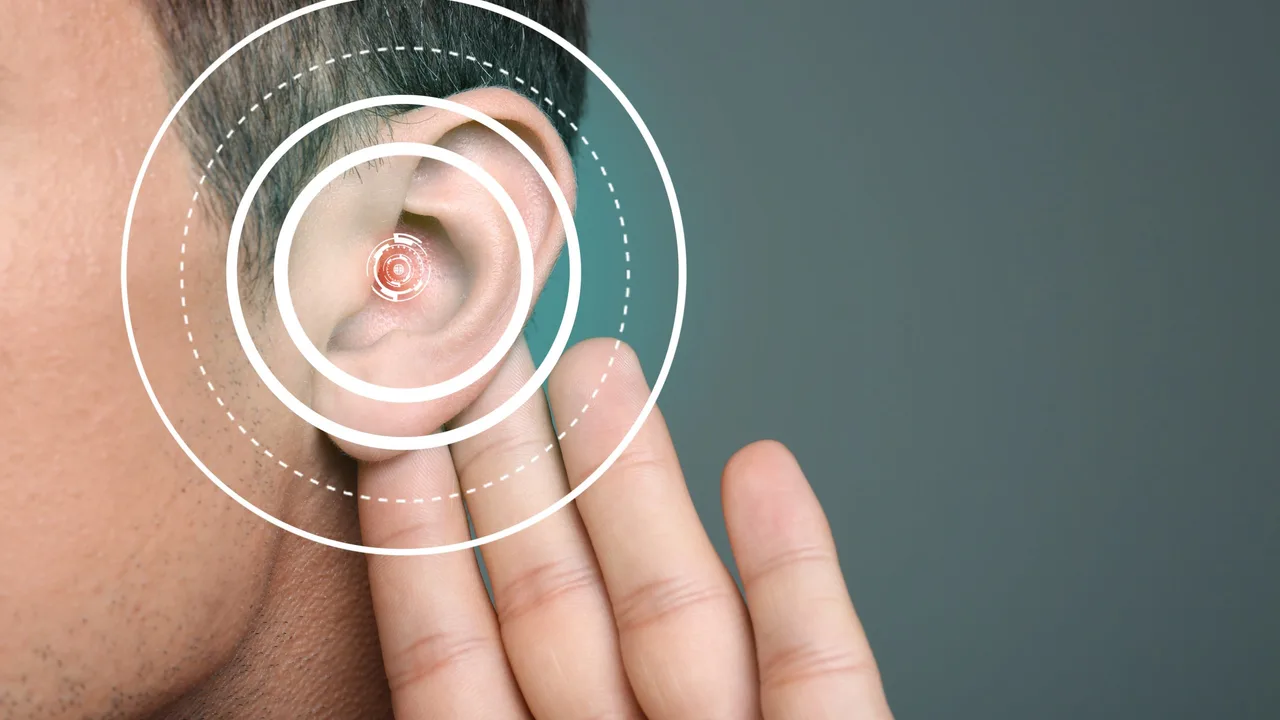Hi there, it's from your gal pal again. Today, I'll be shedding light on the interplay between hearing loss and that annoyance called ringing in the ears, often known as tinnitus. We'll be exploring causes, the interconnectedness of these two auditory issues, and potential treatments. Let's decode the sounds, or lack thereof, our ears make and help you better understand your auditory health. Make sure to stay tuned, because this is an aspect of our health that we often overlook!
Ringing in Ears: What It Is and How to Find Relief
If you hear a constant high‑pitched buzz, a soft hum, or an occasional chirp that no one else can hear, you are experiencing ringing in the ears, also known as tinnitus. It isn’t a disease itself—it's a symptom that can come from many different places in your body.
About one in ten adults notice tinnitus at some point, and for many it’s just a brief annoyance. For others, the sound sticks around and can affect sleep, focus, and mood. The good news is that most cases have practical steps you can take right now to make the ringing quieter.
Common Triggers of Tinnitus
Noise exposure tops the list. Loud concerts, power tools, or even long hours with headphones at high volume can damage tiny hair cells in the inner ear. Once those cells are injured, they send false signals that the brain hears as ringing.
Other frequent culprits include ear infections, buildup of earwax, high blood pressure, and certain medications like antibiotics or chemotherapy drugs. Even stress and caffeine can tip the balance, making the noise louder on bad days.
Everyday Strategies to Reduce Ringing
First, protect your ears. When you’re around loud music or machinery, wear earplugs or noise‑cancelling headphones. It’s a tiny habit that prevents further damage.
Second, add gentle background sound. A fan, white‑noise app, or soft music can mask the ringing and make it less noticeable, especially at night.
Third, manage stress with short walks, breathing exercises, or a quick stretch. Stress hormones can heighten tinnitus, so a few minutes of calm can lower the volume.
Fourth, watch your diet. Too much salt, nicotine, and caffeine can tighten blood vessels around the ear, worsening the sound. Cutting back a little often brings noticeable relief.
Fifth, stay hydrated and keep blood pressure in check. Regular exercise and a balanced diet support overall circulation, which helps the ear function better.
If the ringing persists for more than a few weeks, or if you notice sudden hearing loss, it’s time to see a professional. An audiologist can run hearing tests, check for wax blockage, and suggest targeted treatments like hearing aids or sound‑therapy devices.
Doctors may also try prescription options such as low‑dose antidepressants or anti‑seizure meds that can dampen the brain’s response to phantom sounds. These are usually reserved for louder, chronic cases.
Remember, you don’t have to live with constant buzzing. By protecting your ears, adjusting daily habits, and seeking help when needed, you can shrink the noise and get back to focusing on what matters.

